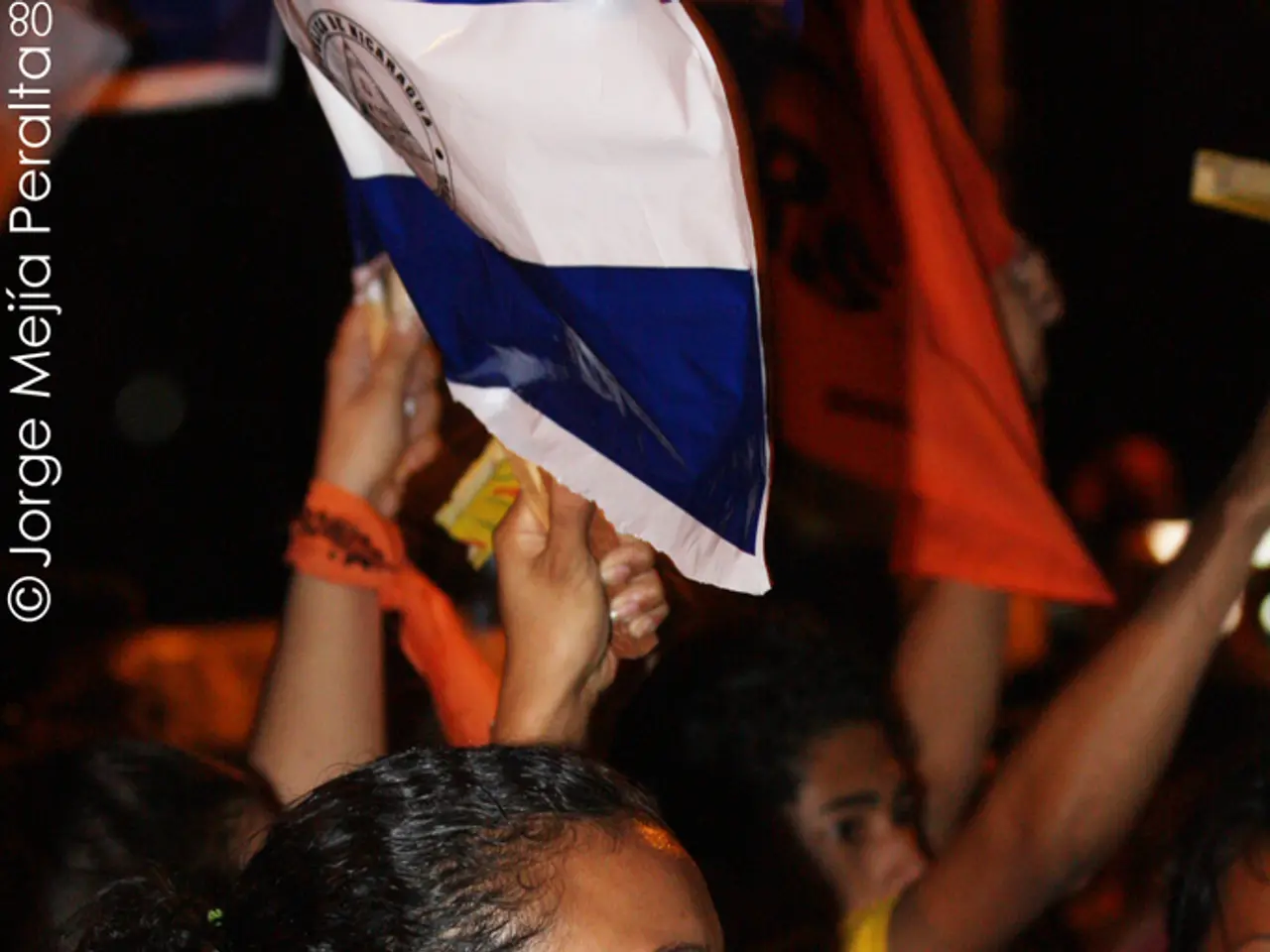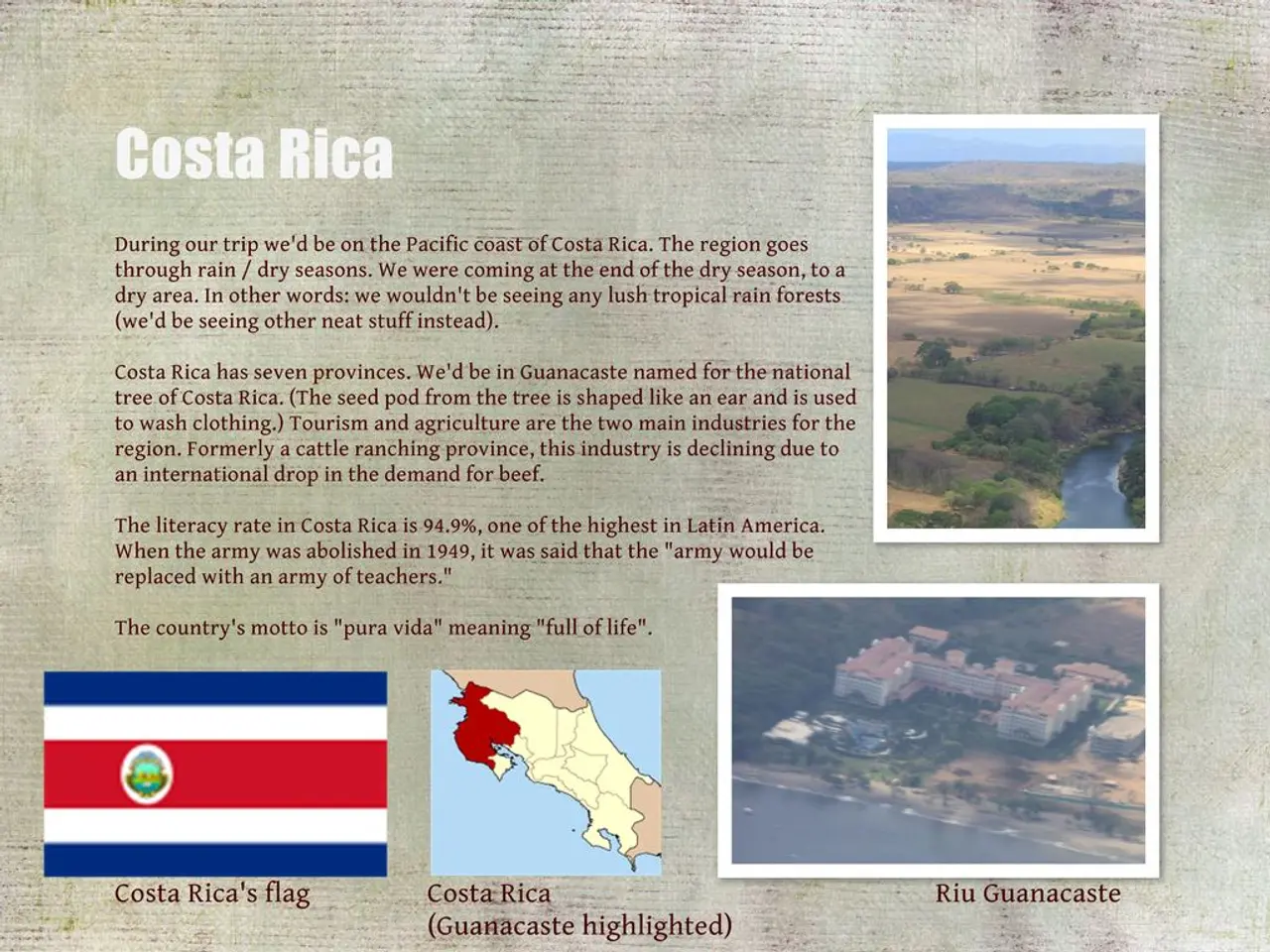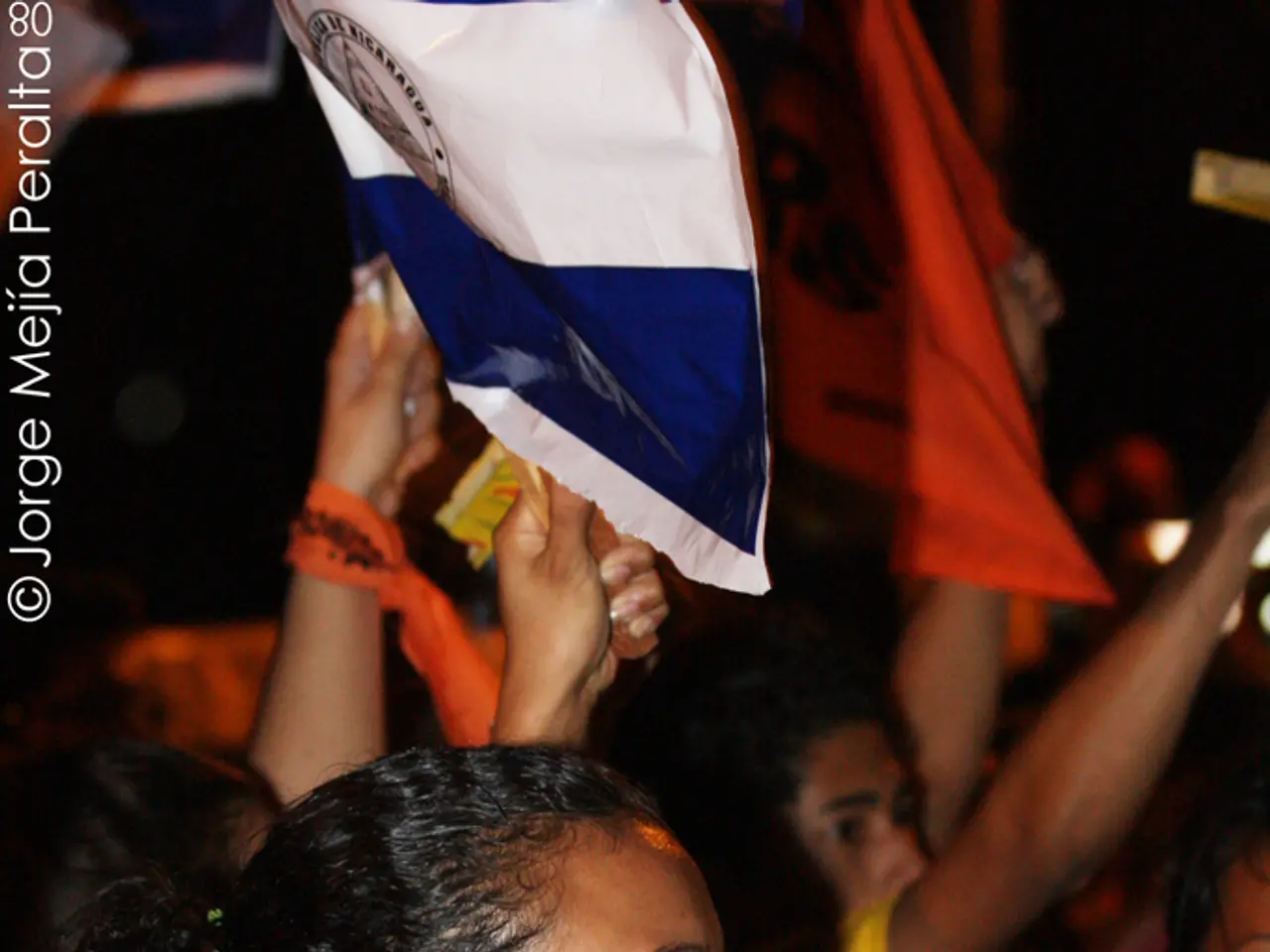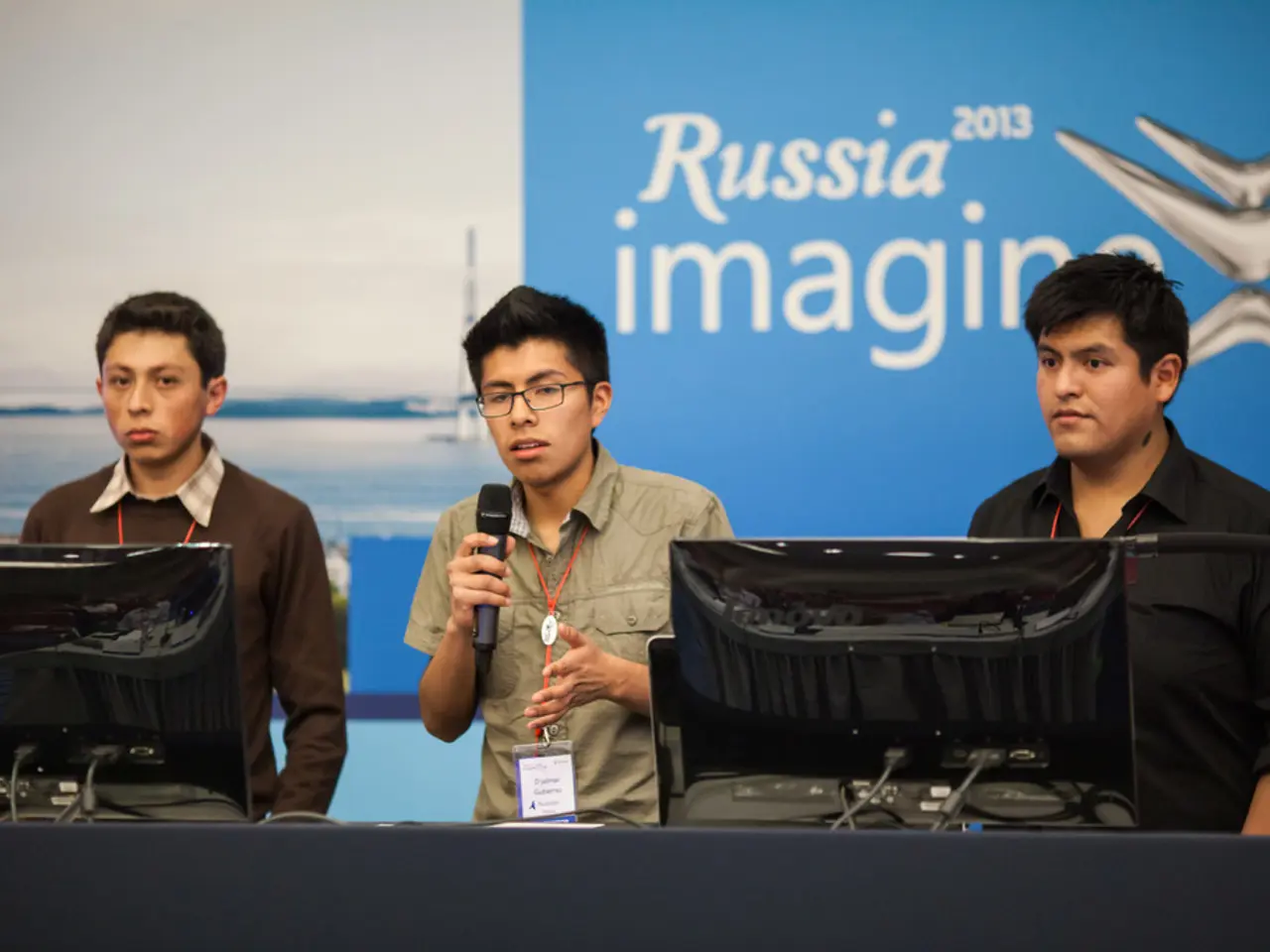Workplace law adjustments spur protests scheduled for September 13th
Labor Protests Sweep Across Portugal
A series of five protests are scheduled to take place in major urban centers across Portugal, with labor law specialist and journalist Raquel Moleiro participating in all events. These demonstrations are in response to a draft bill proposed by the Portuguese government that alters provisions related to breastfeeding and the dismissal of night and weekend work for parents.
The proposed legislation, which has sparked widespread opposition from unions, political parties, and activists, aims to change labor laws, including provisions related to breastfeeding breaks at work and the conditions under which parents can be required to work on weekends. Critics argue these changes represent a rollback of over a decade of progress in labor rights and do not modernize but rather regress labor protections.
Secretary-General of the General Confederation of Portuguese Workers (CGTP), Tiago Oliveira, has condemned the bill, labeling it an attempt to attack workers’ rights. He stated the proposal marks a "return to the past" rather than modernization.
Several left-wing and opposition parties—including PS (Socialist Party), Livre, PCP (Portuguese Communist Party), and PAN (People–Animals–Nature)—have expressed serious concerns that these reforms risk increasing precarious work and threaten fundamental rights like the right to rest and strike.
The planned protests are taking place in Lisbon, Porto, Faro, Funchal, and Ponta Delgada, with Raquel Moleiro attending each event. These actions aim to pressure the government to withdraw or alter the draft bill, coinciding with a broader period of social mobilization against labor and immigration law changes perceived as restrictive or regressive.
As a member of the group organizing the protests, Moleiro emphasizes the importance of standing up for workers' rights. "We cannot stand idly by while our hard-won protections are being eroded," she says. "These protests are a call to action for all those who believe in fair and equitable labor practices."
Formal discussions and bilateral meetings on the draft labor reforms are scheduled for September 2025, but no fixed deadline has been set for concluding these dialogues. As the protests continue, it remains to be seen whether the government will listen to the voices of the workers and reconsider its proposed changes.
[1] Source: Various news outlets, including Público, Expresso, and Rádio Renascença.
- The protests across Portugal are part of a general news trajectory, as they are a response to a social policy-and-legislation draft bill that aims to alter labor laws, including provisions related to breastfeeding breaks and weekend work for parents, which has sparked political controversy due to concerns about increasing precarious work and threatening fundamental rights.
- Raquel Moleiro, a labor law specialist and journalist, is participating in all scheduled protests in major urban centers (Lisbon, Porto, Faro, Funchal, and Ponta Delgada) to pressure the government to review or withdraw the controversial draft bill, as part of a broader social mobilization against what critics view as regressive labor and immigration law changes.






